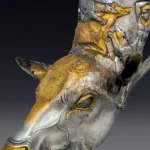From Coral Sea to Chicago: The Remarkable Journey of Lt. Edward O’Hare and His Wildcat Fighter
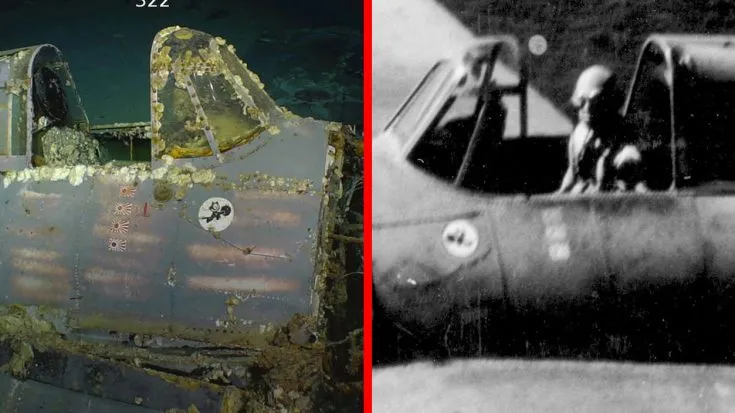
Sin, Sacrifice, and Redemption: The O’Hare Legacy
At Chicago’s bustling O’Hare International Airport, travelers hurry past displays without much thought. Yet, in Terminal 2 stands a replica of a World War II fighter plane—a silent witness to the life and death of Lt. Commander Edward “Butch” O’Hare, the airport’s namesake. His story, and that of his family, is not only one of military heroism but also of sin, repentance, sacrifice, and redemption.
A Father in Darkness, a Conscience Awakened
Edward Henry O’Hare, known as “Butch,” was the son of Edgar “Easy Eddie” O’Hare, a prominent lawyer in 1920s Chicago. Easy Eddie was no stranger to the underworld: he worked closely with the infamous gangster Al Capone, becoming wealthy through dog-racing tracks and illegal ventures. For years, power and profit seemed to define his life.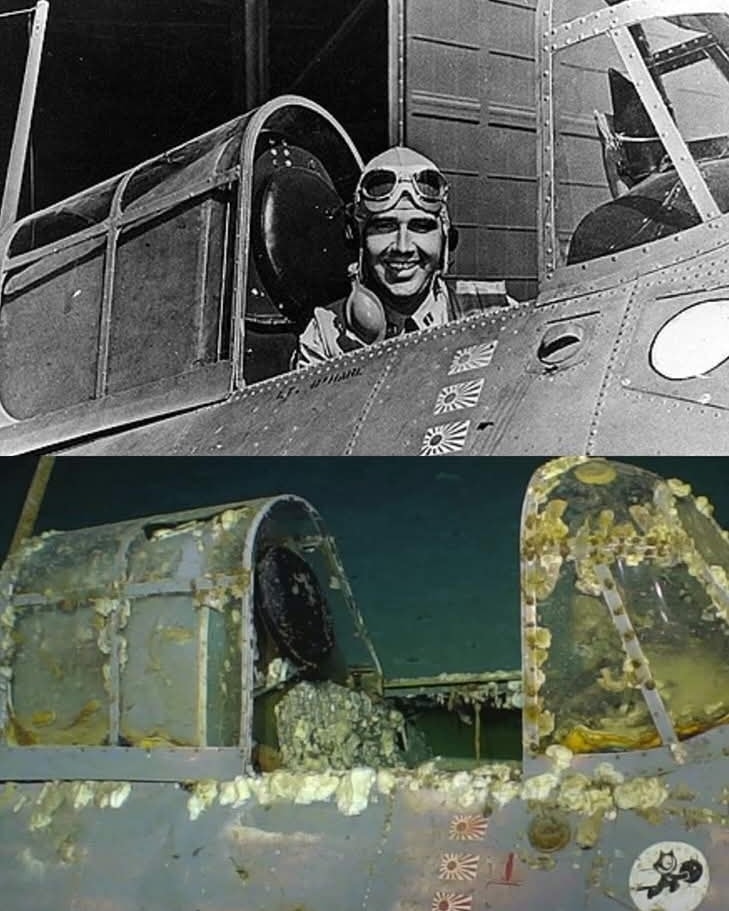
But crime does not silence the conscience. After the brutal St. Valentine’s Day Massacre of 1929, Easy Eddie could no longer ignore the corruption and bloodshed surrounding him. Troubled by guilt, he made a choice that would cost him everything. He secretly collaborated with the IRS, turning over Capone’s financial records—evidence that ultimately led to the gangster’s imprisonment.
In November 1939, just days before Capone’s scheduled release, Easy Eddie was assassinated while driving home. In his pocket, police found a rosary, a crucifix, and a religious medal. These small tokens revealed the deeper truth: even after years of sin, he had turned back toward God. His life echoes Christ’s parable of the workers in the vineyard (Matthew 20:1–16): no matter how late the hour, God welcomes those who repent with open arms.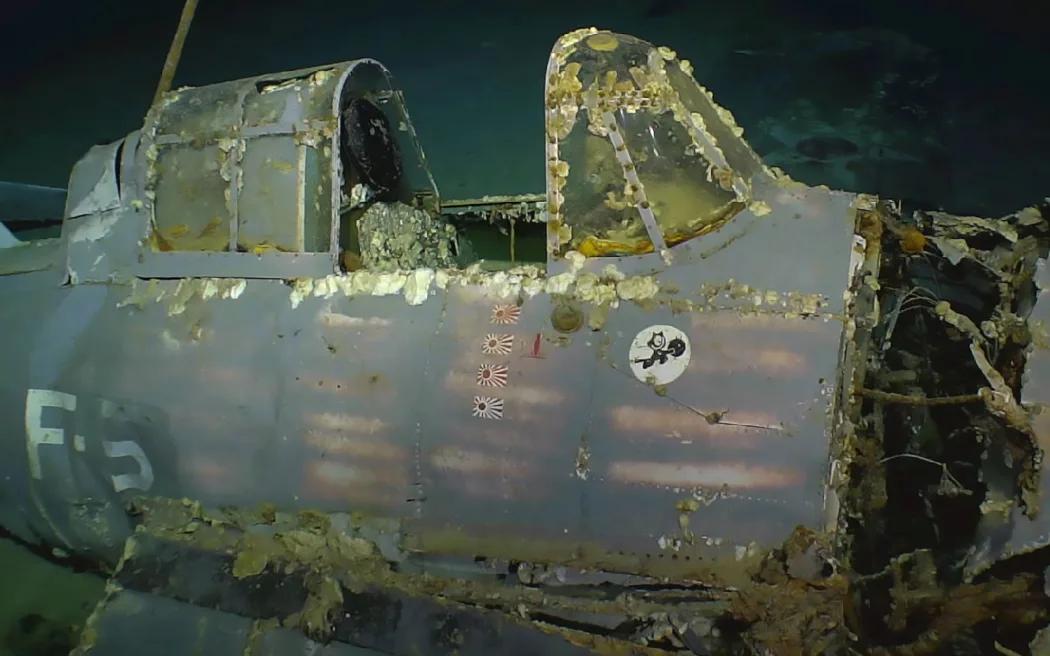
A Son’s Path of Honor
Despite his flaws, Easy Eddie tried to steer his son Butch toward virtue. He enrolled him in military school, encouraged his love for flying, and instilled in him a sense of discipline. Butch embraced these lessons. After becoming a Navy pilot, he also embraced the Catholic faith more fully when he met and married Rita Wooster in 1941. His faith was not only personal but visible in his choices and courage.
On February 20, 1942, during a desperate moment in the South Pacific, Butch’s faith and training came to bear. As Japanese bombers closed in on the USS Lexington, Butch realized he was the only line of defense—his wingman’s guns had jammed. With remarkable skill, he shot down five enemy planes in minutes, saving the carrier and its crew. His actions brought hope to a nation and earned him the Medal of Honor, personally awarded by President Franklin Roosevelt.
Yet his story did not end there. In November 1943, while protecting the USS Enterprise, Butch’s plane was lost in combat. His body was never recovered. At just 29 years old, he gave his life in service to his country and, in a deeper sense, in service to the truth that evil must be resisted. A solemn Requiem Mass was held in St. Louis, honoring not just his military valor but his life of faith and sacrifice.
Sin, Sacrifice, and Redemption Intertwined
The intertwined lives of father and son reflect the great themes of the Gospel. Easy Eddie, once entangled in crime, sought redemption and died with the signs of faith upon him. Butch, guided by his father’s late repentance, lived a life of integrity and courage, ultimately sacrificing himself for others. Together, their stories remind us of the words of Christ: “For whoever would save his life will lose it, but whoever loses his life for my sake will find it” (Matthew 16:25).
Their legacy shows us that no life is beyond God’s mercy, no sacrifice forgotten, and no act of courage meaningless. The sins of the past do not have the final word—God’s grace does.
A Lesson for Today
In this Month of All Souls, as we remember the departed, the O’Hare family offers us a profound meditation. Easy Eddie teaches us that repentance, no matter how late, opens the door to salvation. Butch teaches us that a life of faith and sacrifice becomes a witness that inspires generations.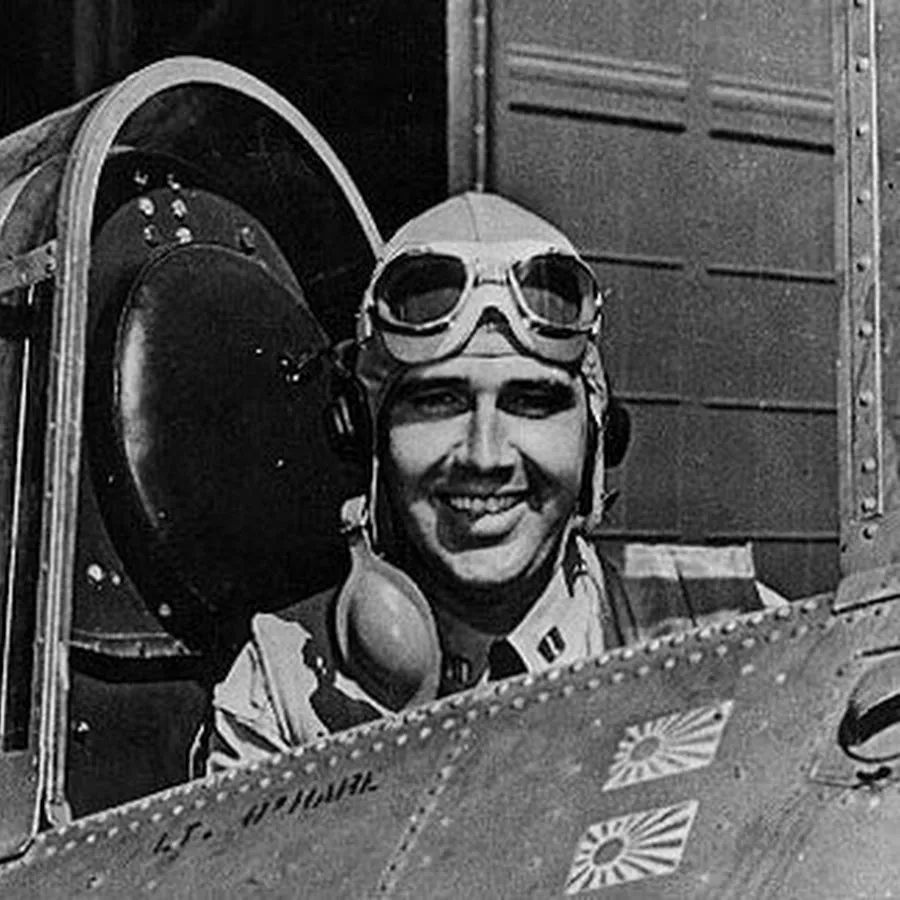
When travelers pass through O’Hare Airport and see the fighter plane, statue, and Medal of Honor, they are glimpsing more than military history. They are seeing a story of transformation—a father redeemed, a son sanctified by courage, and a family whose legacy points us to Christ’s promises.
As we honor the memory of the dead this month, may we hold fast to the hope that sin never has the last word. In Christ, mercy triumphs over judgment, sacrifice leads to life, and the faithful departed find eternal rest.







